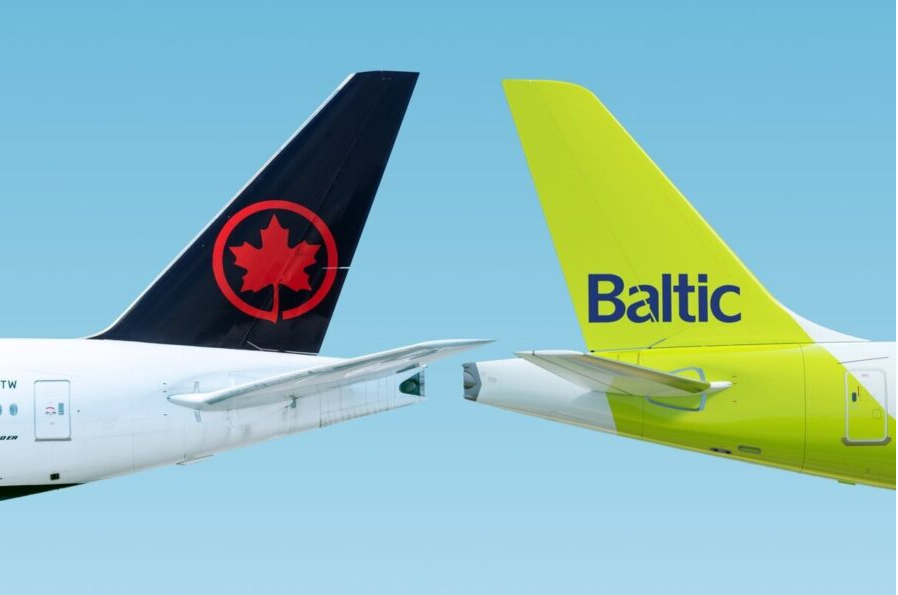
Air Canada and airBaltic have announced a new codeshare agreement starting October 23, 2024. This partnership strengthens travel options between Canada and the Baltic region. It will benefit both leisure and business travelers with improved connectivity.
The new agreement extends current interline agreements in place between the two airlines. The first codesharing flight will operate from 6 November. This codeshare agreement with our longtime interline partner Air Canada significantly enhances our connectivity options, said Martin Gauss, airBaltic’s President and CEO.
Travelers from both airlines can now enjoy expanded routes between the Baltic capitals and Canada. It offers convenient one-stop connections through European cities. We’re excited about building this long-term partnership.
Gauss emphasized airBaltic’s commitment to growth: “We continue to expand our network through new destinations and airline partnerships. These strategic moves reinforce our role as the Baltic region’s primary connectivity provider.
Mark Galardo, Air Canada’s Executive Vice President of Revenue and Network Planning, shared his perspective. This expanded partnership with airBaltic enhances travel convenience between Canada and Northern Europe. The agreement supports strong Canada-Baltic business relationships and aligns with Air Canada’s global expansion strategy, utilizing our robust non-stop services to Scandinavia and key European hubs like Amsterdam.
Under the agreement, airBaltic will place its BT code on Air Canada flights connecting Toronto with Amsterdam and Copenhagen. It will include seasonal Montreal services to Copenhagen and Amsterdam, and Toronto to Stockholm starting summer 2025.
Air Canada will add its AC code to ten airBaltic routes, linking Riga, Tallinn, and Vilnius with major European cities. These include Amsterdam, Copenhagen, Frankfurt, Munich, Brussels, and Stockholm. As the Baltic region’s leading airline, airBaltic (Air Baltic Corporation AS) has established itself as one of Europe’s fastest-growing carriers since its founding in 1995. The airline employs a hybrid business model, combining advantages of both traditional network and low-cost carriers.
It oprates one of Europe’s youngest fleets with 48 Airbus A220-300 aircraft. The network serves over 80 destinations across Europe, the Middle East, North Africa, and the Caucasus. These are served through more than 130 routes from its hubs in Riga, Tallinn, Vilnius, and Tampere, plus seasonal operations from Gran Canaria.
The company’s success story is backed by strong state support, with the Latvian government holding a 97.97% stake, while private shareholders own the remaining 2.03%. With a workforce exceeding 2,700 professionals, airBaltic continues to strengthen its position as a key player in European aviation.


